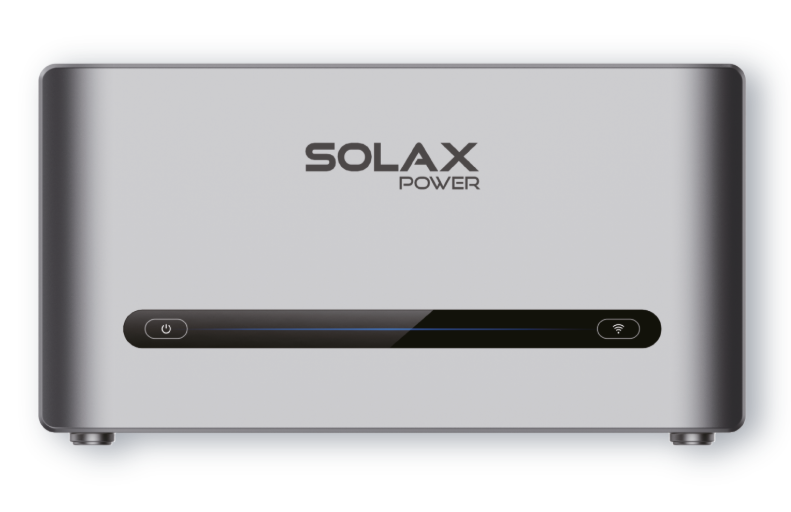The two countries will work to develop an hydrogen corridor to sell hydrogen from Canada’s east cost to German ports. Meanwhile, ITM Power and ABO Energy start joint works to produce hydrogen in Spain and Finland.
Canada and Germany are exploring the feasibility of a transatlantic hydrogen corridor, supporting the development of “low-emission” production facilities on Canada’s east cost, less than 3,000 nautical miles away from German ports. “We have abundant natural gas reserves, top-tier LNG projects, vast renewable resources, strong hydrogen potential, a first-class nuclear industry and world-class carbon capture expertise,” said Tim Hodgson, Minister of Energy and Natural Resources, at the Canadian Embassy in Berlin. The comment arrived a day after the meeting between the two heads of State, who signed a joint declaration to deepen energy ties, focused on hydrogen, LNG, and critical minerals.
Hydropulse, the new build-own-operate subsidiary of ITM Power, and ABO Energy, have entered into a strategic partnership to develop decentralised hydrogen production units on or near end-user sites. Hydropulse will build, own, and operate the production facilities based on ITM’s electrolyser technology, while ABO Energy will work on the development side. “The collaboration will be anchored in Europe with a particular focus on Spain and Finland, where low power prices make green hydrogen production attractive,” said ITM Power.
Take-or-pay commitments are expected to dominate the first generation of hydrogen agreements, as lenders require predictable revenue streams and resist structures that expose projects to demand or price uncertainty, said the Oxford Institute for Energy Studies, explaining that hydrogen offtake agreements typically feature long-term commitments of 10–15 years. “The preference for single-decade tenors reflects buyers’ caution in an emerging market characterised by anticipated cost declines and evolving policy support. Alternative approaches to financing, such as equity participation and more adaptable take-or-pay structures, are already emerging (and much sooner than they did in gas and LNG), giving hydrogen a degree of contractual flexibility from the outset even as bankability remains the central concern,” said the research institute in its latest report.
Australia’s Progressive Green Solutions (PGS) has selected Thyssenkrupp Nucera as its preferred supplier of electrolyzers, with a total installed capacity of 1.4 GW for the production of green hydrogen for the Mid-West Green Iron project. “This project aims to annually produce 7 million tons of green iron pellets, converting half of this to make 2.5 million tons of green Hot Briquetted Iron (HBI) in Western Australia’s Mid West region near the regional city of Geraldton,” said the German company, adding that export should start in 2029.
The First Public Hydrogen Authority (FPH2) is seeking Request for Proposals (RFP) for Hydrogen Transportation Services. “The competitive solicitation invites qualified vendors to deliver liquid and gaseous hydrogen from producers to offtakers across California,” said the US-based company, adding that proposals are due September 12.
Provaris expects to raise $1.0 million (before costs) via a share placement of around 52.6 million new fully paid ordinary shares at an issue price of $0.019 per share. “We are in a strong position to accelerate and deliver on technical programs while actively pursuing new commercial opportunities in hydrogen and CO2 shipping,” said Martin Carolano, CEO of the Sydney-based company.
This content is protected by copyright and may not be reused. If you want to cooperate with us and would like to reuse some of our content, please contact: editors@pv-magazine.com.
Popular content



